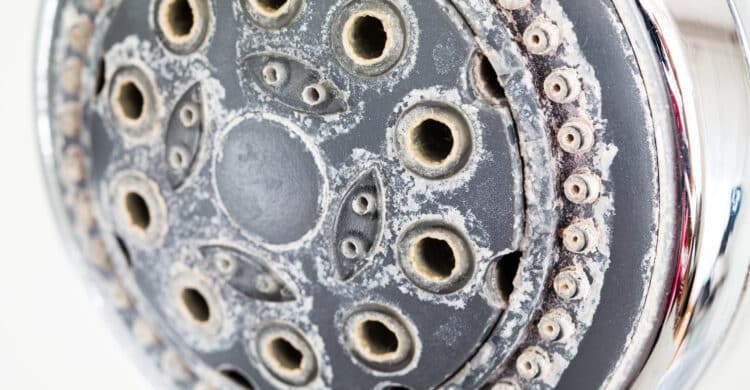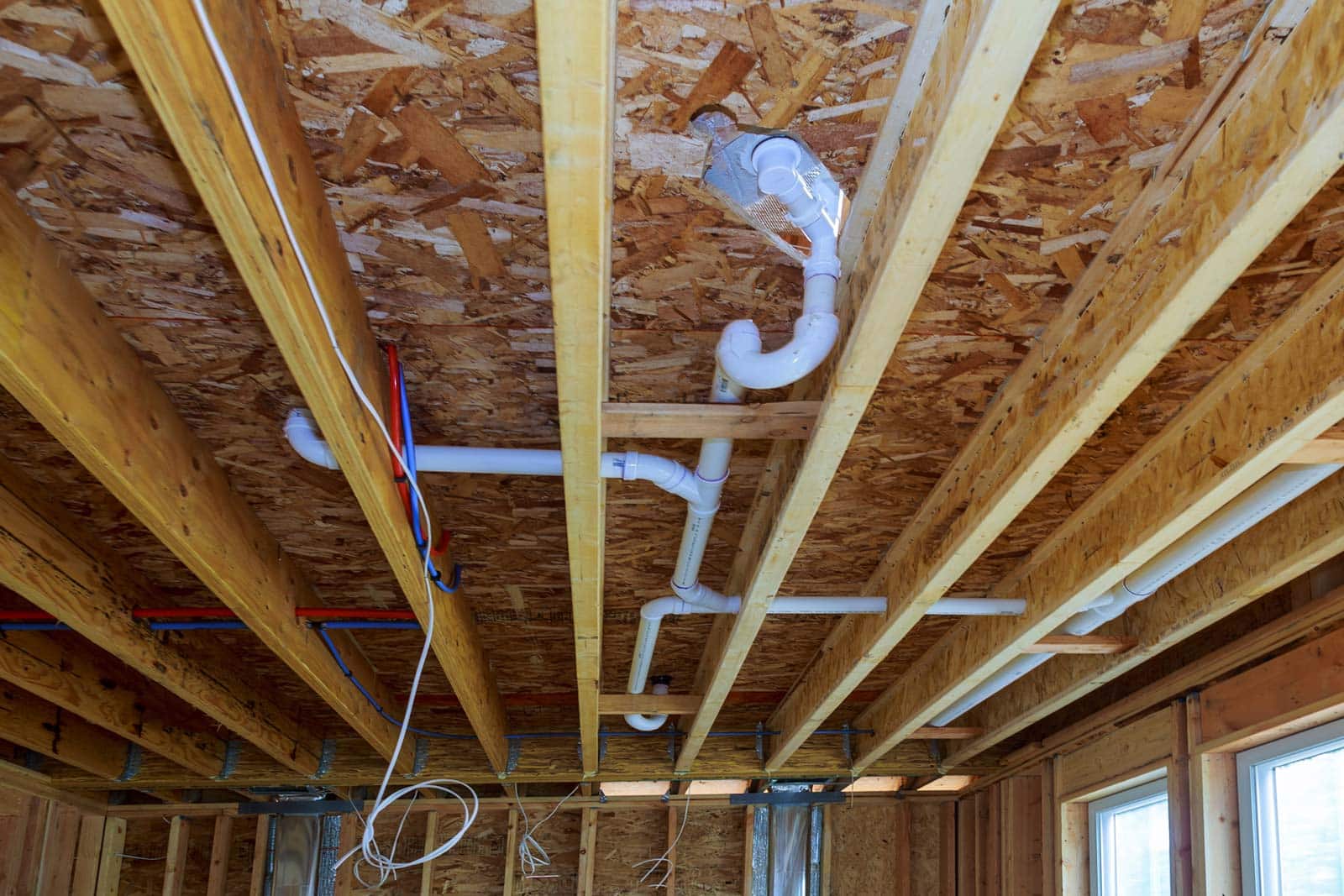
The Impact of Hard Water on Your Plumbing System
The impact of hard water on a plumbing system can be significant, leading to frustrating problems and costly repairs in the future.
The Impact of Hard Water: The Silent Saboteur
Hard water contains high levels of dissolved minerals, primarily calcium and magnesium. As this mineral-rich water travels through pipes and appliances, it leaves behind tiny mineral deposits. This process is known as “scale buildup,” which can eventually restrict water flow and damage the plumbing system.
Telltale Signs of Hard Water Issues
How can you tell if you have a hard water problem? Here are a few telltale signs:
Reduced Water Pressure and Water Flow
Scale buildup inside pipes restricts water flow, similar to a clogged artery. This can result in weak water pressure in showers, faucets, and appliances. Over time, scale can completely block pipes, requiring major plumbing intervention. In extreme cases, decreased water flow in fire sprinkler systems has contributed to fires spreading more quickly.
Faucets and Fixtures Feel “Gritty”
Unsightly white or crusty deposits on faucets, showerheads, and drains are caused by scale buildup from hard water. These deposits can damage fixtures over time.
Spots on Dishes and Glassware
Pesky white spots on dishes and glassware, even after a run through the dishwasher, are signs of hard water. The minerals in hard water can interfere with the effectiveness of detergents, making it tougher to get things sparkling clean and requiring more soap.
Dry, Itchy Skin and Dull Hair
Hard water can also affect skin and hair. The minerals can make it difficult for soap to lather, leaving a residue that can dry out the skin and scalp. This residue can leave hair feeling rough, tangled, and dull, and may contribute to breakage. In contrast, softened water, treated to reduce mineral content, offers many advantages, such as a silkier feel. Some studies suggest that the health impacts of hard water can benefit some due to the supplementary calcium and magnesium it provides.
Protecting Your Plumbing and Appliances
There are effective ways to combat hard water and minimize its impact on a plumbing system. A water softener can serve as a secret weapon.
Water softeners work by removing calcium and magnesium ions from the water supply through a process called ion exchange.
How Ion Exchange Works
Here’s how the science behind ion exchange works:
- Hard water enters the softener tank and flows through a bed of resin beads.
- These beads carry a negative charge and attract the positively charged minerals (calcium and magnesium).
- The resin beads hold onto those minerals, swapping them out for sodium ions, effectively “softening” the water.
- Once the beads are saturated with minerals, they need to regenerate. This is where the salt added to the softener comes in. The softened water that flows through the home only contains trace amounts of sodium.
Investing in a water softener is like giving the entire plumbing system a protective shield. Water softeners offer an array of benefits, including:
Benefits of Softened Water
| Benefit | Details |
|---|---|
| Extends Appliance Lifespan | Softened water helps extend the lifespan of your appliances. Appliances like water heaters and washing machines will last longer because of the reduced wear and tear caused by scale buildup. |
| Saves You Money | Water softeners can save you money in the long run. How? Softened water allows appliances that use water to function more efficiently, reducing your energy bills. Plus, those appliances are less likely to break down prematurely. |
| Better for Cleaning | Softened water is better for cleaning because it allows soaps and detergents to work more effectively. Ever notice how soap lathers better in soft water? This translates to cleaner clothes, shinier dishes, and less soap scum buildup. |
Additional Tips to Mitigate Hard Water Issues
Although water softeners offer the best solution, there are additional steps that can help mitigate hard water issues:
- Regular Cleaning: Regularly clean faucets and fixtures to remove mineral buildup caused by hard water. CLR or vinegar can be effective for removing these accumulations, though it can be challenging to scrub away stains in hard-to-reach areas.
- Water Heater Maintenance: Periodically flush the water heater to remove sediment and extend its lifespan.
- Dishwasher Maintenance: Regularly clean and maintain the dishwasher to prevent buildup and ensure optimal performance.
Hard water affects everyone differently, but taking these additional steps can help reduce its negative impact on plumbing and appliances.
Conclusion
Don’t let the silent impact of hard water wreak havoc on your plumbing system, home, and wallet. Be proactive by understanding the signs, considering solutions, and taking action to protect plumbing and appliances.
Hard water can cause significant damage over time, leading to costly repairs and reduced efficiency of appliances. Recognize the symptoms of hard water, such as reduced water pressure, gritty fixtures, spotty dishes, and dry skin and hair. By identifying these issues early, it’s possible to minimize damage and maintain a smoothly running home.
Consider investing in a water softener to remove the minerals responsible for hard water. This device can significantly extend the lifespan of plumbing and appliances, enhance water flow and pressure, and improve the effectiveness of soaps and detergents. In addition to installing a water softener, regularly clean faucets and fixtures to remove mineral buildup, flush the water heater to prevent sediment accumulation, and maintain the dishwasher for optimal performance.
For expert assistance, consider Conditioned Air Systems. Their team of professionals can provide comprehensive services to address hard water issues and ensure the plumbing system remains in top condition. By trusting experienced plumbers, it’s possible to enjoy peace of mind and a well-maintained home.
Take Action Against Hard Water Today

